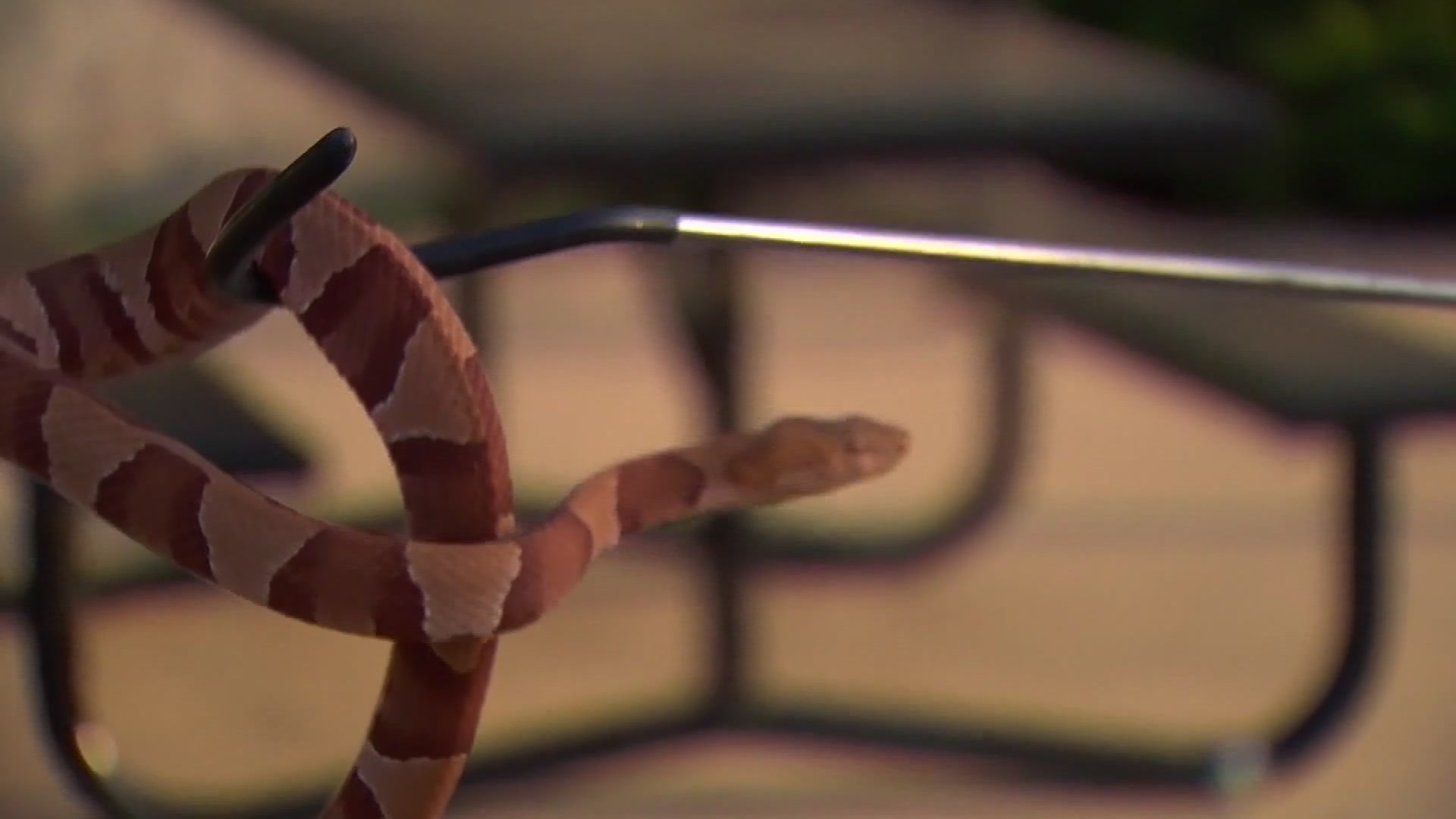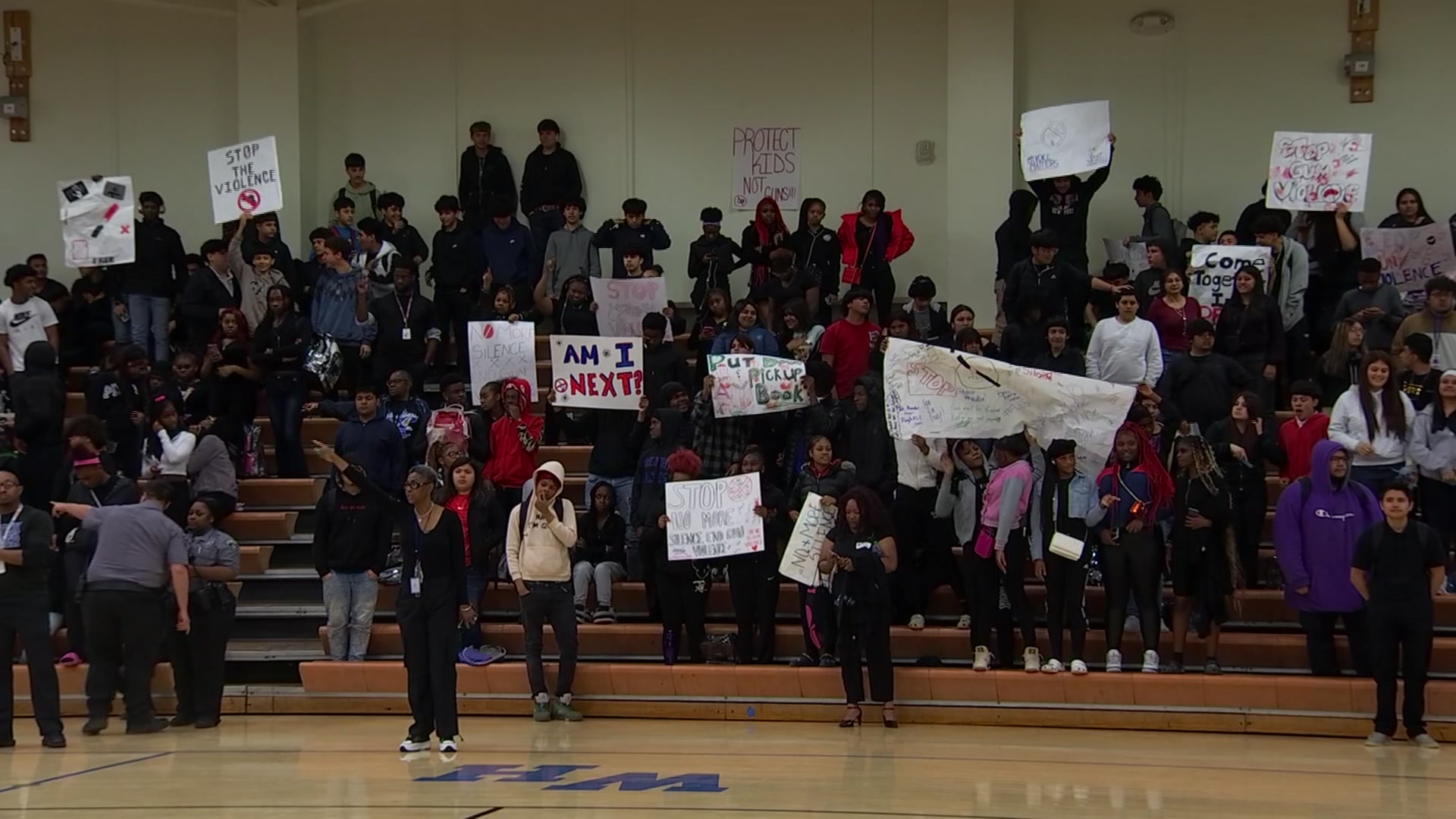Health care professionals across the country are turning to UT-Arlington for life-saving training. The university is using new technology to help them prepare for all kinds of emergencies.
Inside a hospital room, a newborn’s lung suddenly collapses, and it’s up to two nurse practitioners to get him breathing again. Fortunately, they succeed. But had they not, this particular hospital and patient could give them a second chance to get it right.
“It allows you to practice,” said Patricia Thomas, a clinical associate professor for UT-Arlington, who works with neo-natal nurse practitioner students. “It’s okay if you don’t get the procedure right the first time.”
At UTA’s so-called “Smart Hospital”, nursing students gain valuable experience dealing with emergencies using high-tech, simulation mannequins.
“New things, new procedures, new interventions for different diseases, they all come into play,” said Judy LeFlore, associate dean for simulation and technology at UTA’s College of Nursing.
Now, thanks to virtual classroom technology, the university is providing that same experience to health care professionals across the country.
“Hospitals and medical management groups are constantly aware of the need to have ongoing training,” said LeFlore.
Local
The latest news from around North Texas.
From her office at UTA, LeFlore can remotely control mannequins inside other hospitals or medical centers, which she can program to display any number of symptoms. She says in most cases, the facilities she works with ask her to make the mannequin have an episode they’ve never seen before.
“This may have been the only time that they have had that particular emergency,” said LeFlore. “Then several days, weeks, or months later, they’ll encounter it in a clinical situation. And it does make a difference.”
Depending on the decisions the nurse practitioners working on it make, the mannequin will either get better or worse. LeFlore watches in and records the training session so she can explain to the nurse practitioners what they did right and what they can do differently moving forward.
“What a person learns in a simulated environment does translate into practice,” said LeFlore.
The program is designed specifically for neo-natal professionals. LeFlore says she’s primarily working with smaller hospitals and medical centers.



